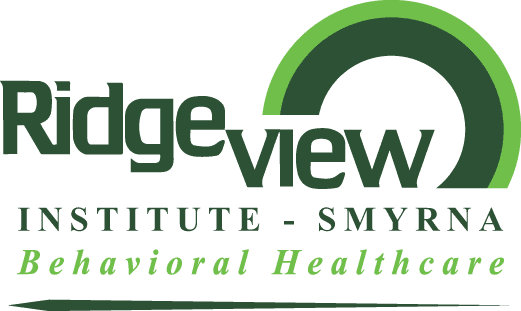Post-Traumatic Stress Disorder
Do you tend to avoid people, places, and situations that remind you of past experiences? Do everyday activities sometimes overwhelm you and cause severe anxiety and irritation? You may be experiencing the residual effects of trauma. This looks different for everyone. However, most people who suffer from PTSD have one thing in common, the desire to be free from the mental anguish of reliving trauma. PTSD affects 3.6% of the U.S. adult population—about 9 million individuals. About 37% of those diagnosed with PTSD are classified as having severe symptoms.
What is Post-Traumatic Stress Disorder
Post-Traumatic Stress Disorder is characterized by experiencing mental distress months or years after a traumatic event. If you have experienced or witnessed a traumatic event – such as military combat or physical, emotional, or sexual abuse, it’s normal to feel a heightened sense of anxiety for a few weeks afterward. However, when those feelings persist and are triggered by events in your daily life, it might be time to seek help.
Post-Traumatic Stress Disorder Causes
Unlike many other mental health disorders, the causes of PTSD are well documented. PTSD is caused by trauma which varies in severity depending on the individual. An event that is mentally crippling for one person can leave another person unaffected. Trauma can be described as acute trauma which results from a single incident, Chronic trauma which is repeated and prolonged such as domestic violence or abuse, and complex trauma which is exposure to varied and multiple traumatic events, often of an invasive, interpersonal nature.
Post-Traumatic Stress Disorder Signs and Symptoms
Symptoms may wax and wane depending on how long it’s been since the event and whether you are dealing with any other stressors that could serve as triggers.
- Recurring memories/flashbacks/nightmares.
- Continuous negative mindset.
- Changes in emotional reactions and behavior.
- Constantly on high alert, easily startled, and looking for signs of danger.
- Difficulty sleeping and concentrating are also common.
Post-Traumatic Stress Disorder Treatment
If signs of PTSD are long-lasting and interfere with day-to-day functioning, consulting a qualified mental health professional may be in order. If you suspect you have PTSD, seeking mental health care can help you overcome the effects of traumatic events so you can make a fresh start. Ridgeview Institute provides comprehensive, compassionate PTSD treatment, including inpatient and outpatient services, for youth and adults. Contact us anytime at (770) 434-4567 for a free assessment—24 hour a day, 7 days a week!
WE ARE AVAILABLE TO OUR PATIENTS 24/7
WE OFFER FREE ASSESSMENTS; WALK INS ACCEPTED
Ridgeview Institute is here to guide your journey toward mental wellness. For your convenience, we offer 24/7 assessments at no cost. If you or a loved one is struggling with a mental health or substance abuse issue contact us to see how we can help.
